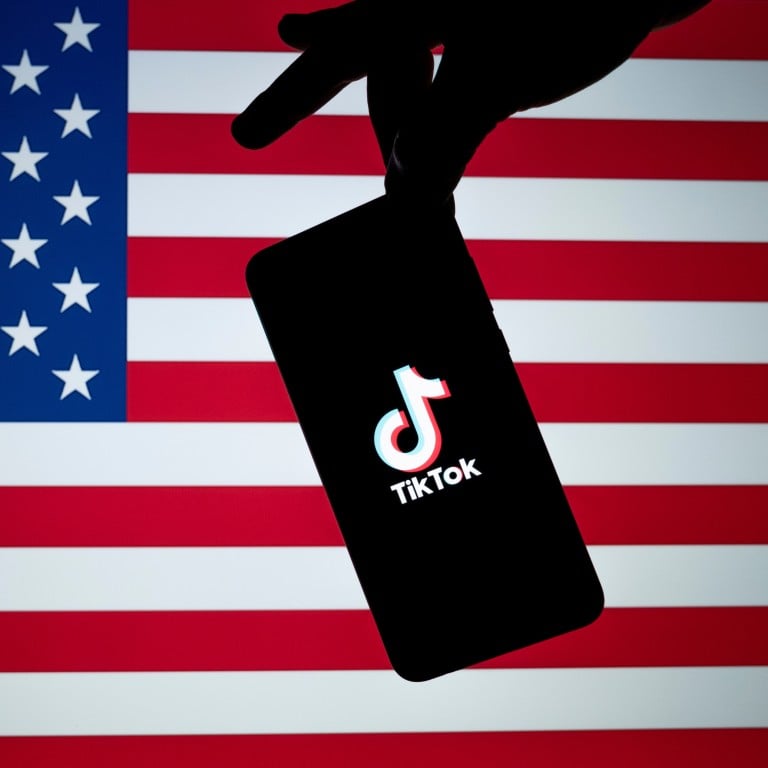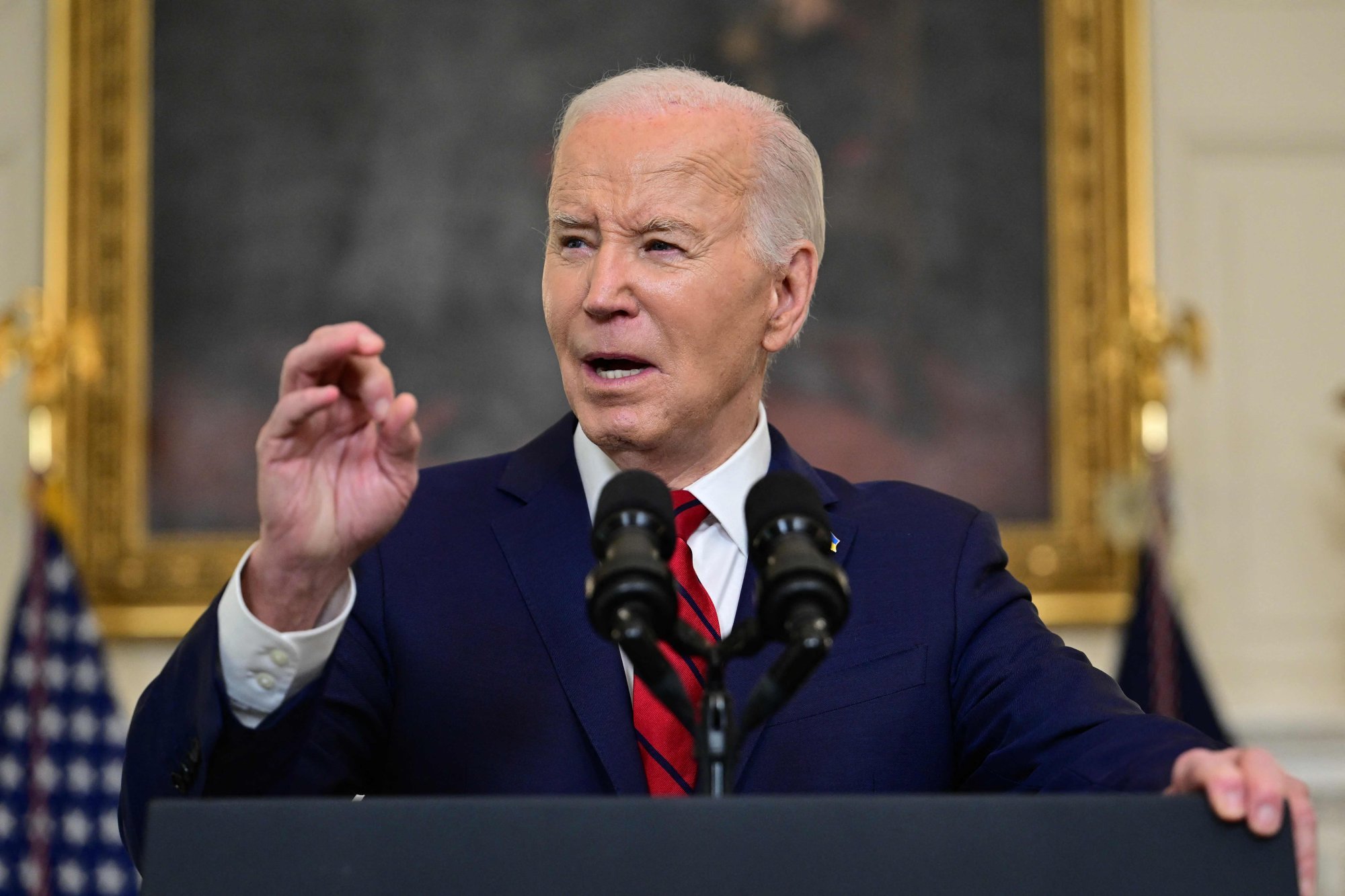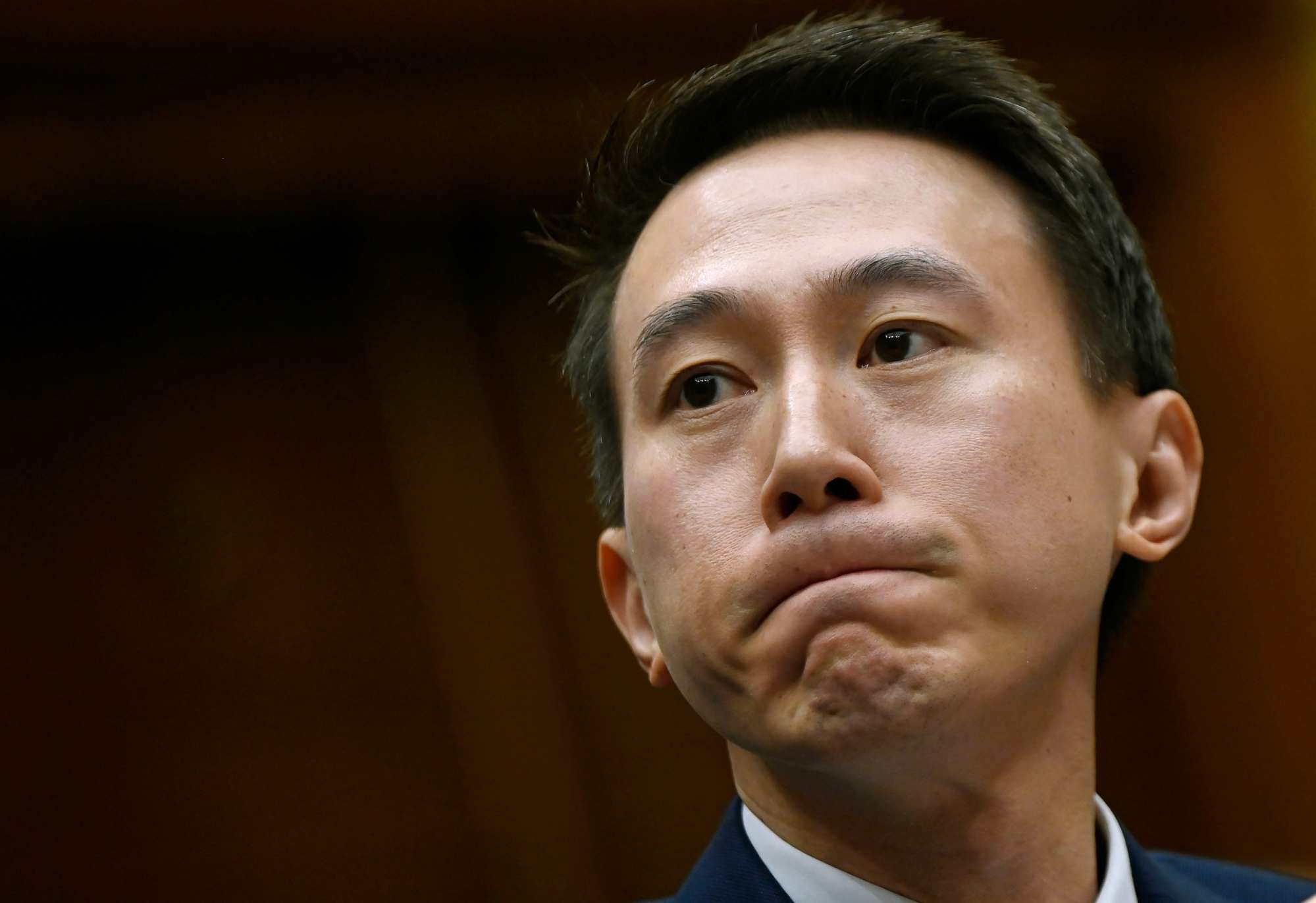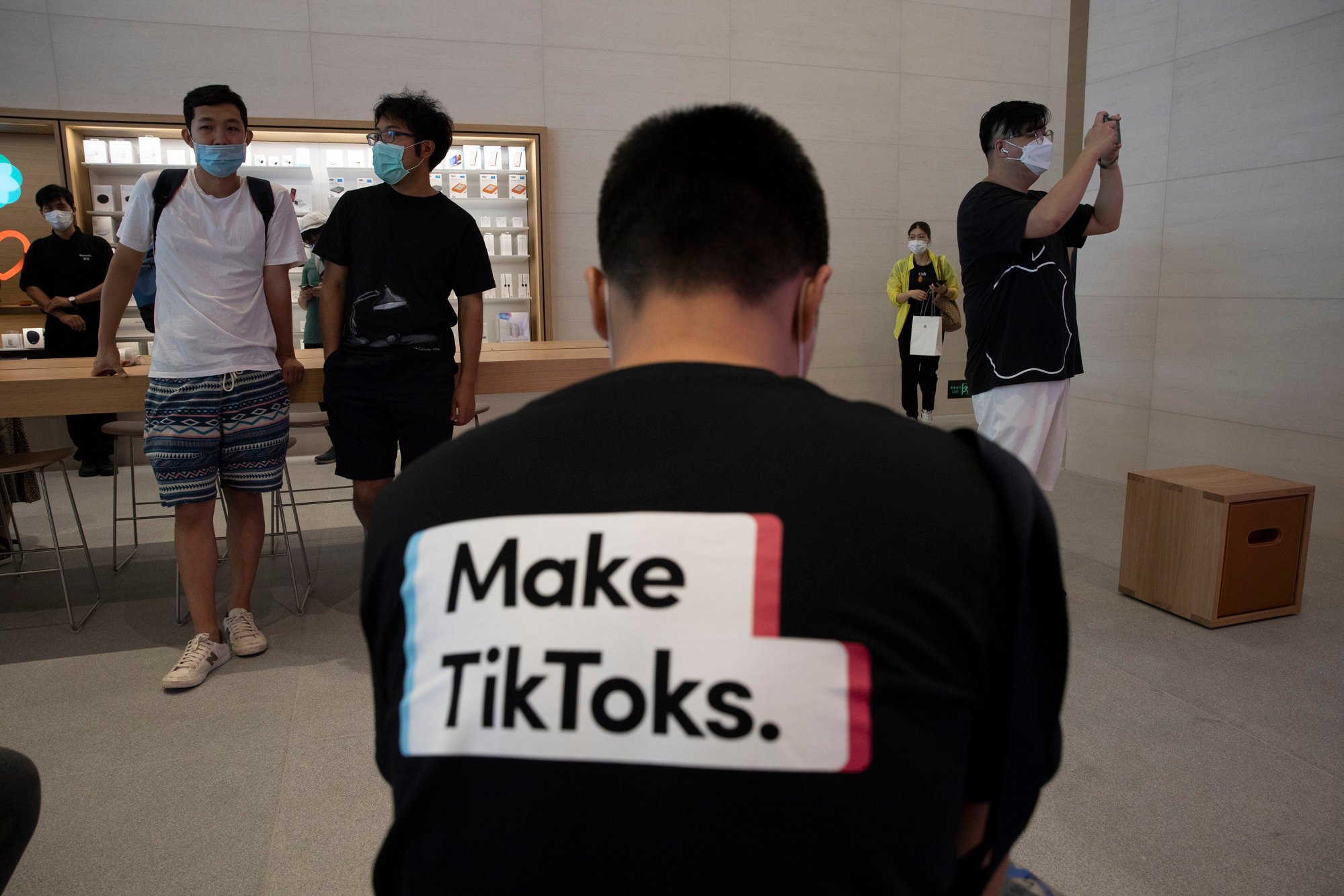Advertisement
Advertisement

US sell-or-ban law against TikTok stirs unease in China as Beijing, social media giant ByteDance stay mum on next moves
- China’s state media has published various opinion pieces to slam Washington’s sell-or-ban ultimatum against short video app operator TikTok
- ByteDance-owned TikTok is set to pursue legal action challenging the constitutionality of that measure, which US President Joe Biden signed into law
Coco Fengin Beijing
The United States government’s passage of a sell-or-ban law against popular short video app TikTok has stirred unease and anger in mainland China, even as Beijing and social media giant ByteDance keep silent about their response.
US President Joe Biden on Wednesday signed into law a legislative measure that would ban TikTok in America unless Chinese owner ByteDance divests the short video platform’s US business. Biden has set a January 19 deadline – one day before his term is to expire – but he could grant a three-month extension if he determines ByteDance is making progress.
In response, China’s state media on Thursday published various opinion pieces to slam Washington’s sell-or-ban ultimatum on TikTok.
An article published by the Beijing Daily, the official newspaper of the Chinese Communist Party’s Beijing Municipal Committee, said the measure against TikTok is tantamount to a “robbery” that would “completely destroy American national credibility, which is already flawed”.

While both Beijing and TikTok owner ByteDance have stayed silent on potential moves, Ministry of Foreign Affairs spokesman Wang Wenbin on Wednesday referred media inquiries to his previous remarks about the US measure against the hit short video app. Wang had said the proposed ban amounts to bullying and “will inevitably come back to bite the US itself”.
Last month, Ministry of Commerce spokesman He Yadong called on Washington to “stop unreasonable suppression of companies from other countries”.
This leaves TikTok poised to challenge the constitutionality of Washington’s sell-or-ban measure, as the four-year battle over restricting the short video app’s operations in America has turned into a significant front in the US-China tech war.
“The facts and the Constitution are on our side and we expect to prevail again,” TikTok chief executive Chew Shou Zi said in a video message posted on Wednesday, moments after Biden signed into law the legislative measure against the short video platform operator. “Make no mistake – this is a ban on TikTok.”

In 2020, then-US President Donald Trump had pushed for a sell-or-ban ultimatum on TikTok, but Beijing stepped in by requiring approval for the sale or transfer of the algorithm behind the app.
TikTok had told employees in an email sent the past weekend, according to a South China Morning Post report, that as soon as Biden signs the legislation “we will move to the courts for a legal challenge”, adding the measure shows “a clear violation of the First Amendment”.
The American Civil Liberties Union this week said that banning or requiring divestiture of TikTok’s US operations would “set an alarming global precedent for excessive government control over social media platforms”.
State-run China Daily, meanwhile, has published an article by British political and international relations analyst Tom Fowdy, who argued that the US measure was meant to “steal, undermine or impede China’s success”. “Under no circumstances will the company be allowed to sell such a wildly successful product under the threat of force to an American company,” he wrote.

On the mainland, some doubts have been raised on the prospects of TikTok’s US operations, four years since India banned the short video app after a deadly military clash in the two countries’ disputed Himalayan border region.
One user on Xiaohongshu, an Instagram-style service popular among young Chinese, posted a question on whether it was still meaningful to pursue a job interview with TikTok. Several of the replies asserted that it was pointless.
ByteDance operates Douyin, the Chinese version of TikTok, on the mainland where it has more than 600 million daily active users.

57
